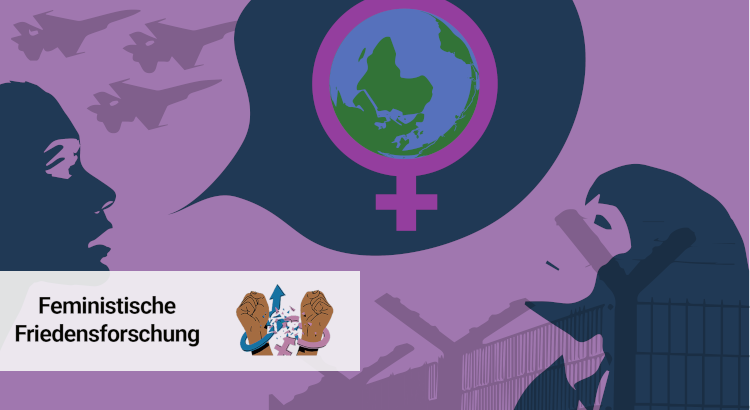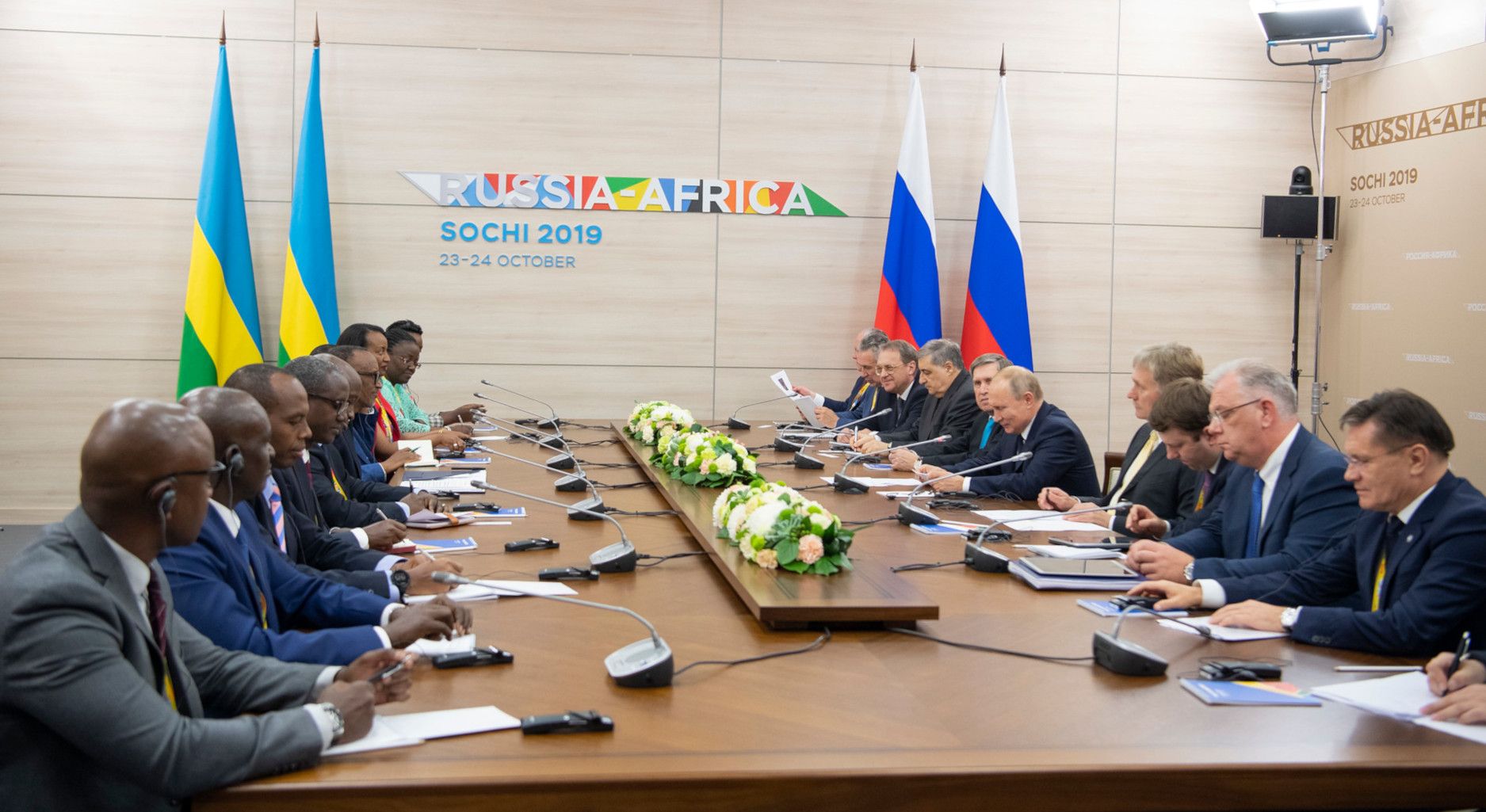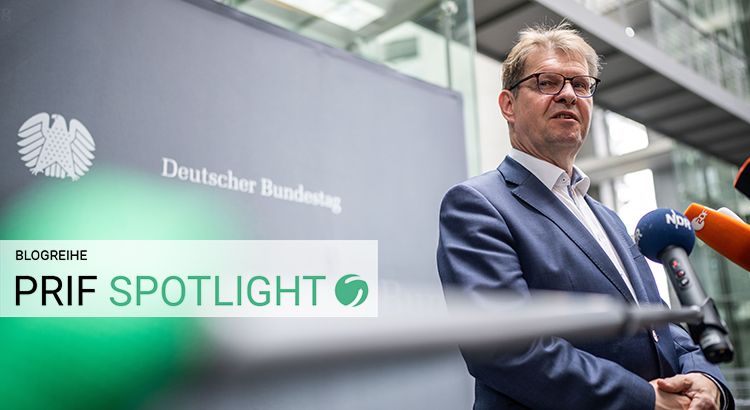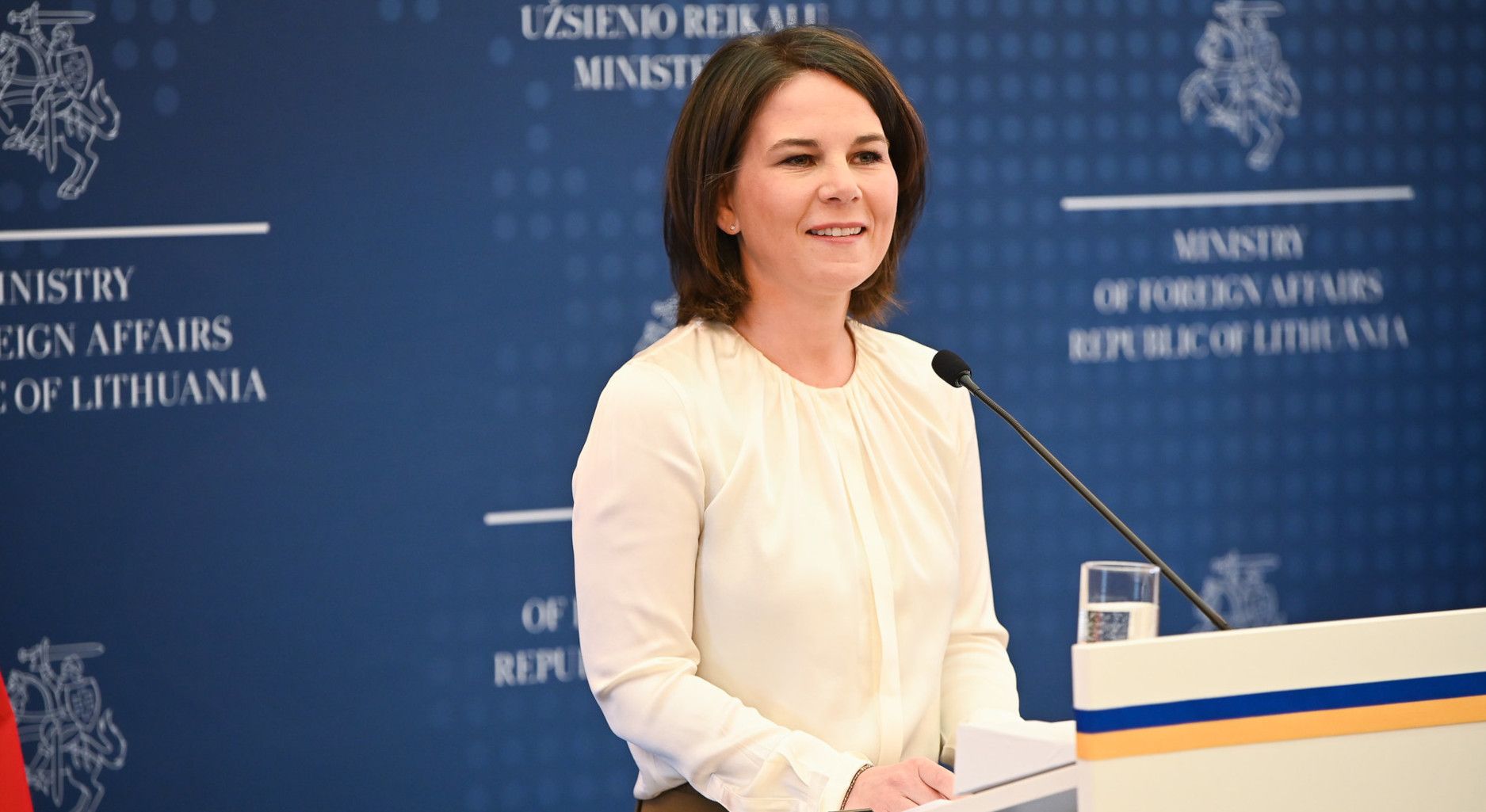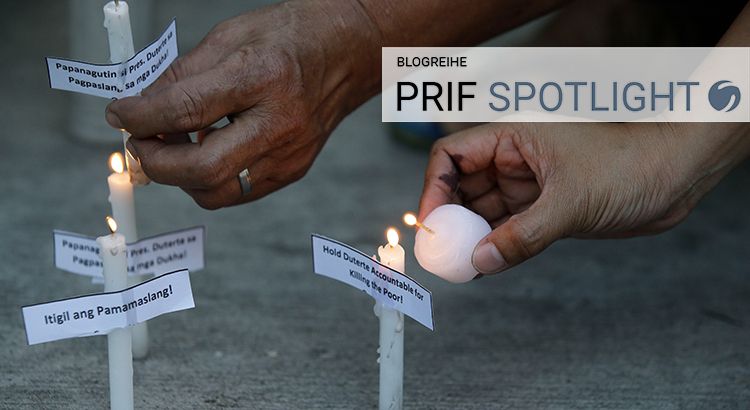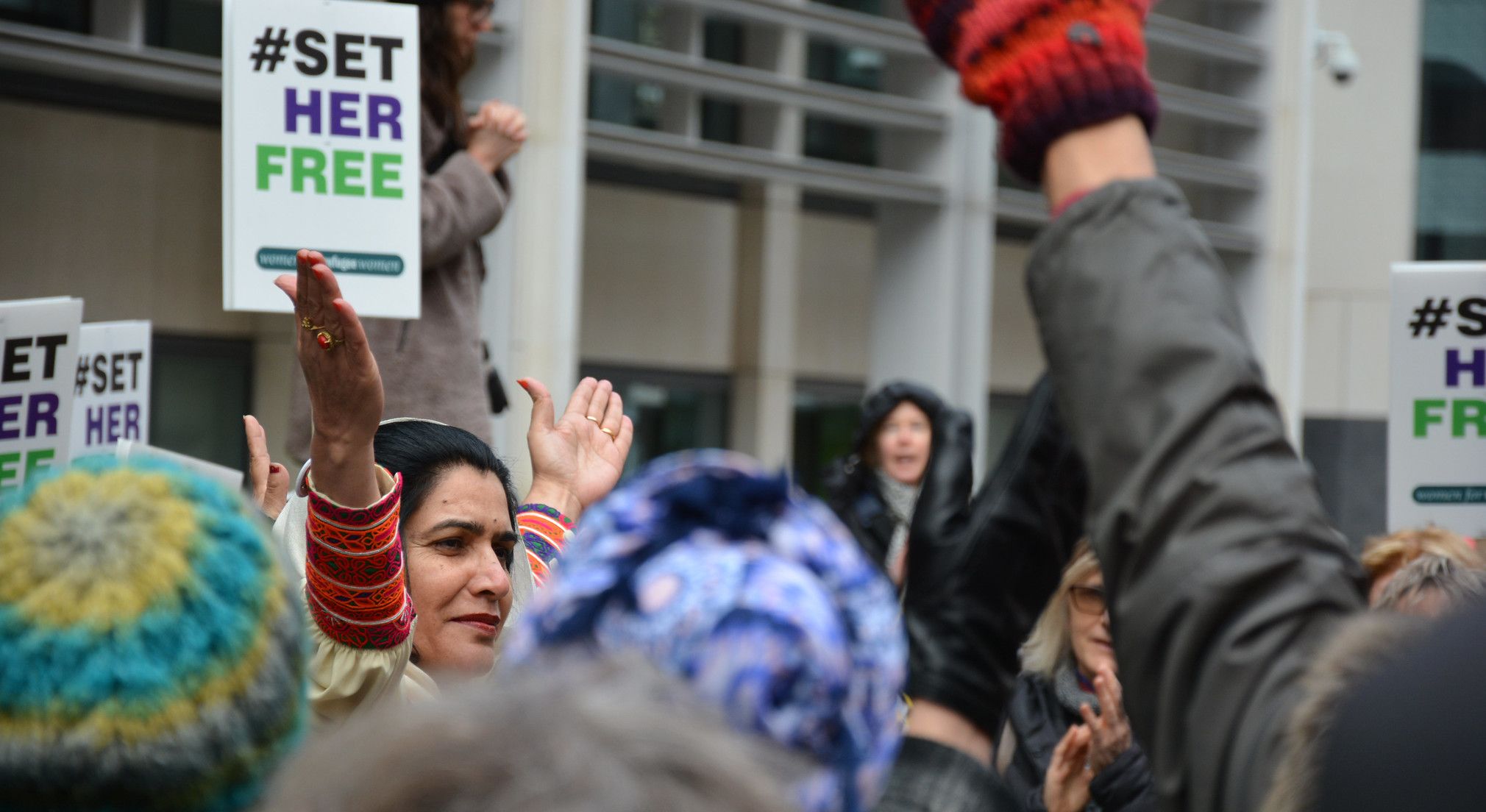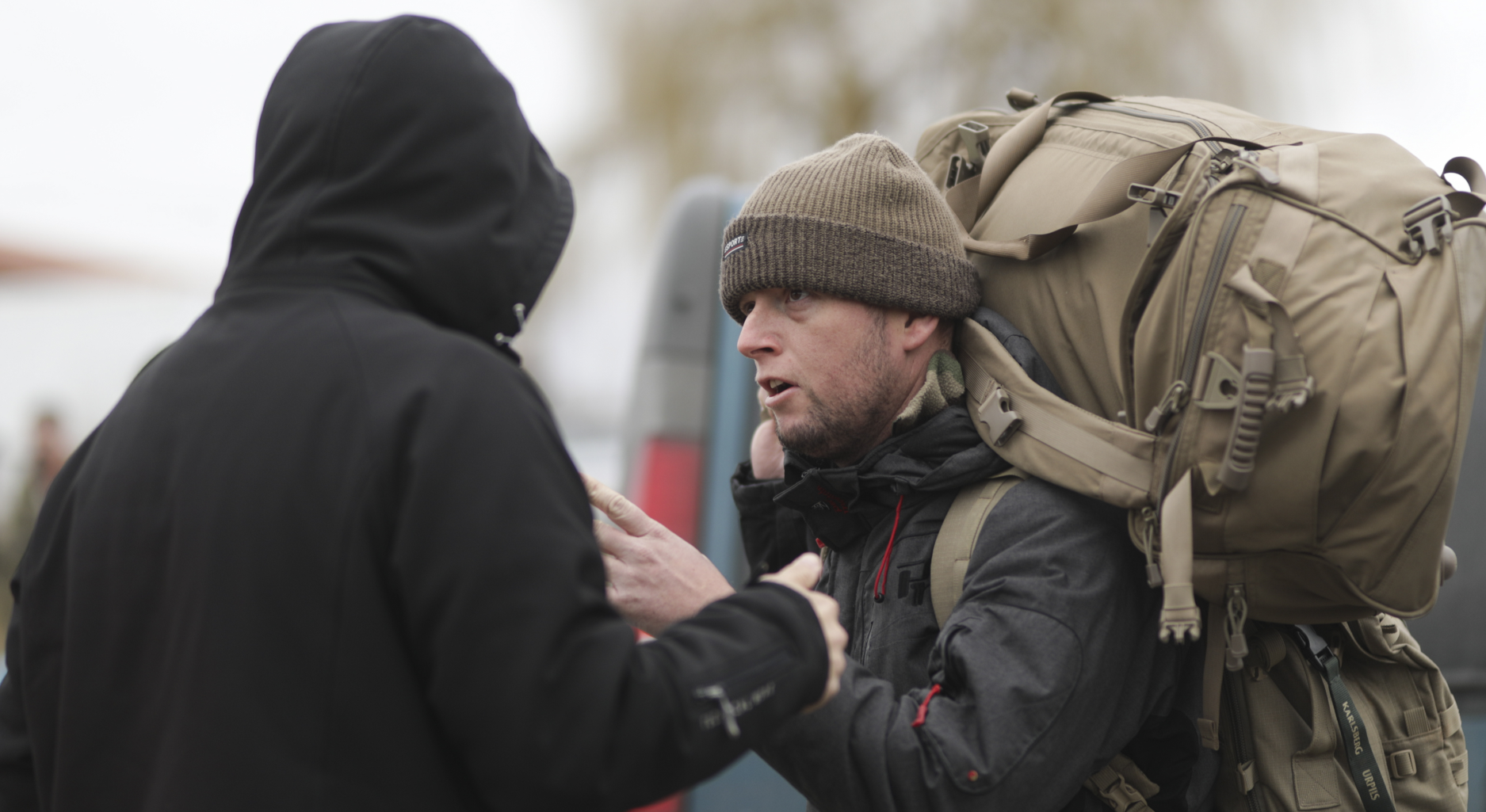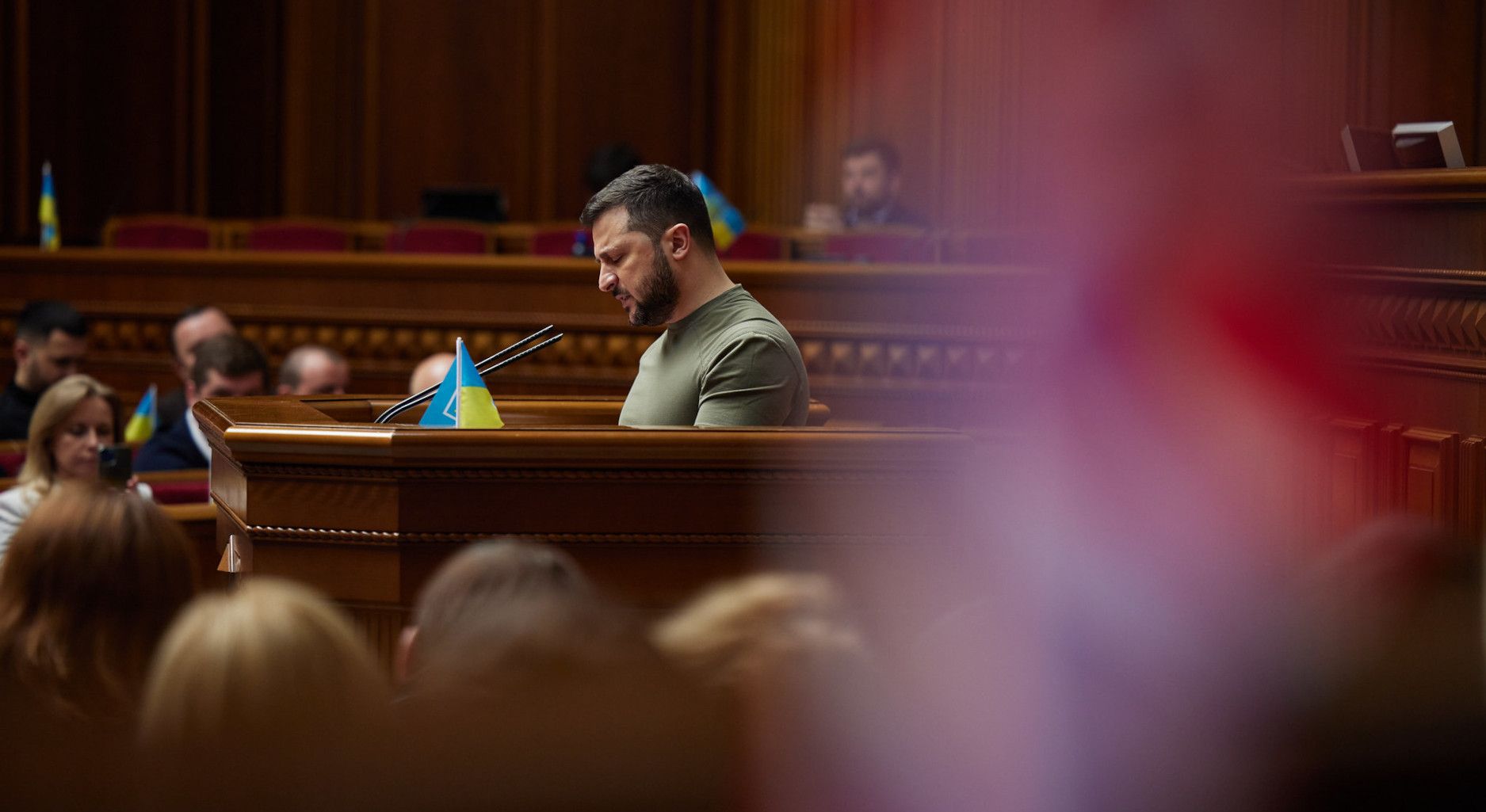Eine Sicherheitsstrategie muss notwendigerweise auch eine Freiheitsstrategie sein. Wie bereits...
Trendy oder transformativ? Feministische Außenpolitik kann mehr
Feministische Außenpolitik erlebt derzeit einen Aufschwung, die aktuellen Konzepte variieren...
Russlands Einflussnahme auf dem afrikanischen Kontinent
Sergei Lawrows jüngste Afrikareise unterstreicht noch einmal, dass Russland international...
Lehren aus Afghanistan – Der Untersuchungsausschuss und die Enquete-Kommission des Bundestages
In den Nachtstunden des 8. Juli beschloss der Bundestag einen parlamentarischen...
Rechte, Repräsentanz, Ressourcen, Diversität: Wie könnte eine feministische Außenpolitik für Deutschland aussehen?
Die Bundesregierung bekennt sich in ihrem Koalitionsvertrag zur Idee einer feministischen...
Impunity and Police Vigilantism – Is the highly excessive use of deadly force by the police in the Philippines now over?
Since June 30, Rodrigo Duterte’s presidency has been a thing of the past. This Spotlight asks why...
Der gender bias im internationalen Flüchtlingsschutz: Besonderer Schutzbedarf trifft auf ungleiche Zugänge
Frauen, Mädchen und LGBTIQ+-Personen sind aufgrund ihrer besonderen Gewaltbetroffenheit sowohl...
Feminist Research Perspectives in Peace and Conflict Studies and Consultancy Work
Feminist approaches in peace and conflict studies have been neglected for a long time – but they...
“Enlist Now!” – Or Don’t? Why we should be concerned about foreign fighting in Ukraine
With the recent escalation of Russia’s war on Ukraine, tens of thousands of foreign fighters have...
Gewonnene Kriege, verlorene Kriege – Implikationen für die Ukraine
„Putin wird den Krieg nicht gewinnen“, versicherte Bundeskanzler Olaf Scholz in seiner...

